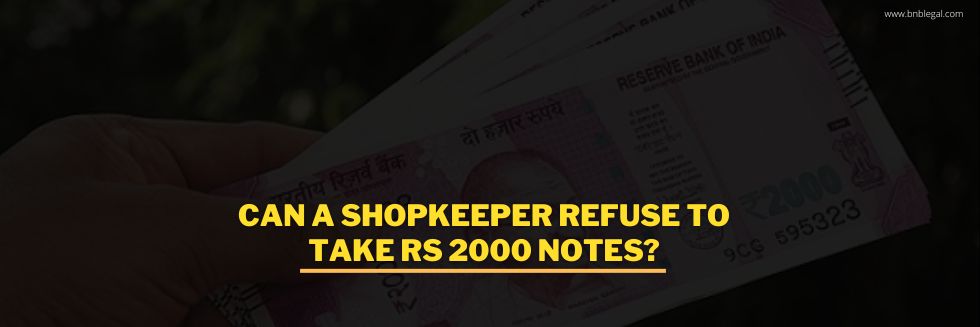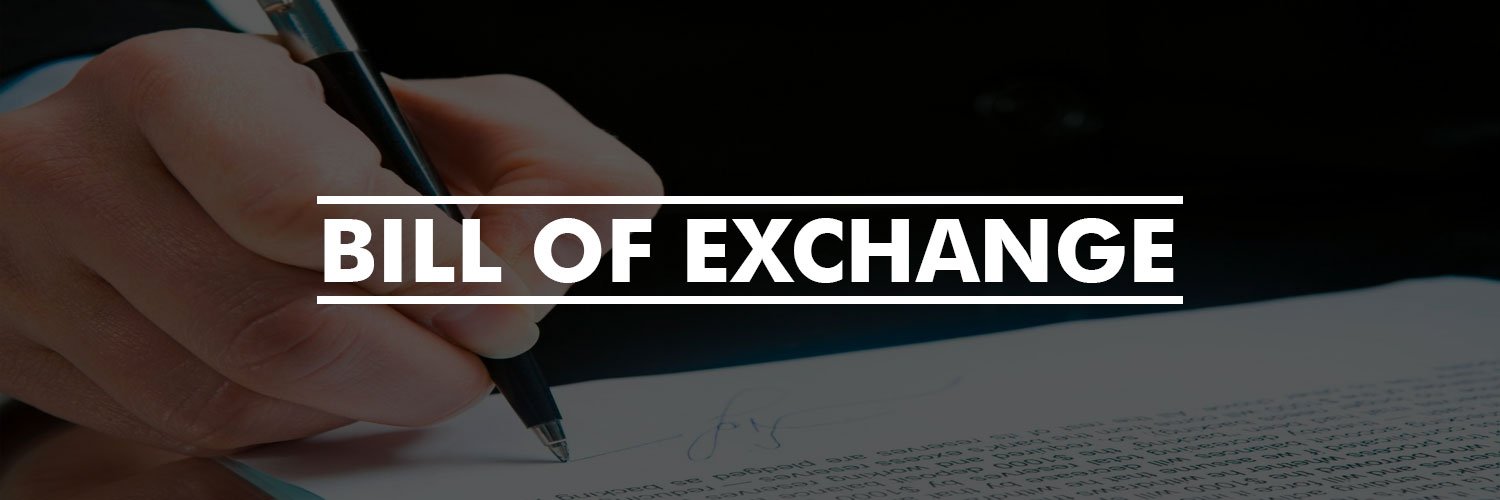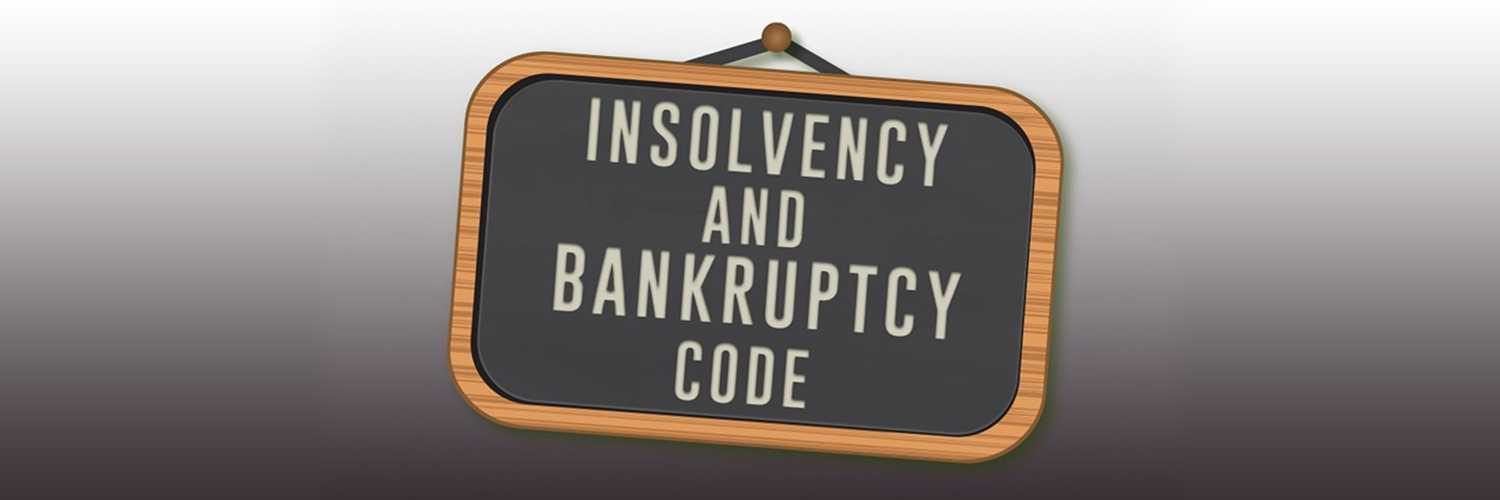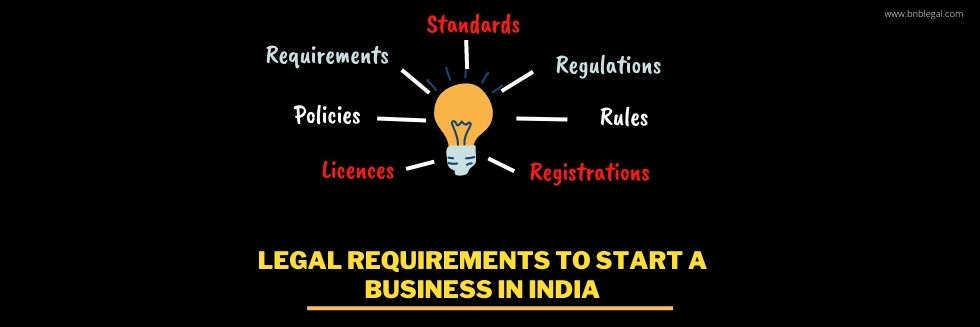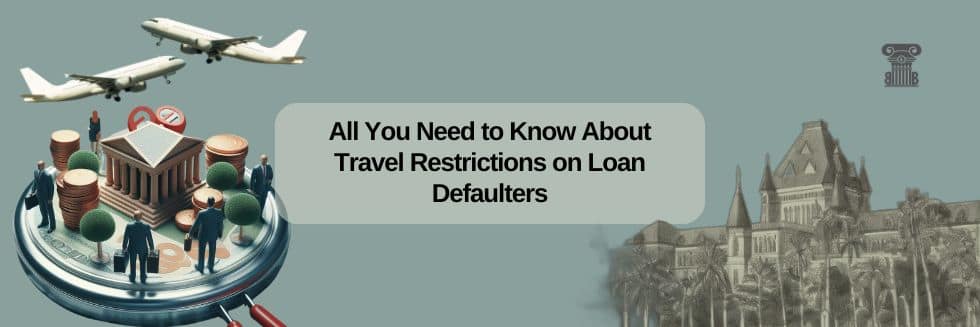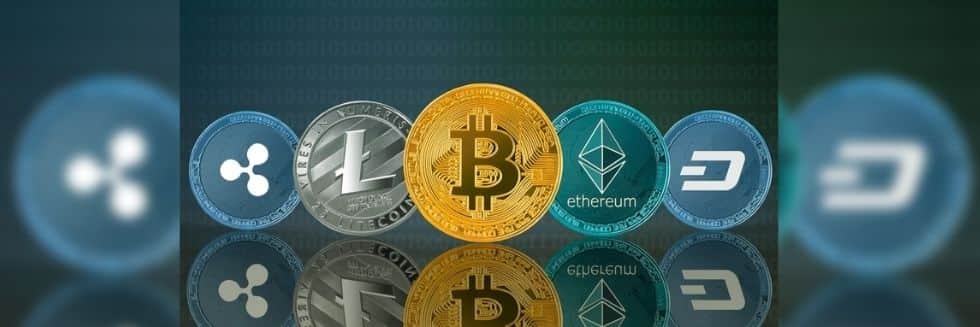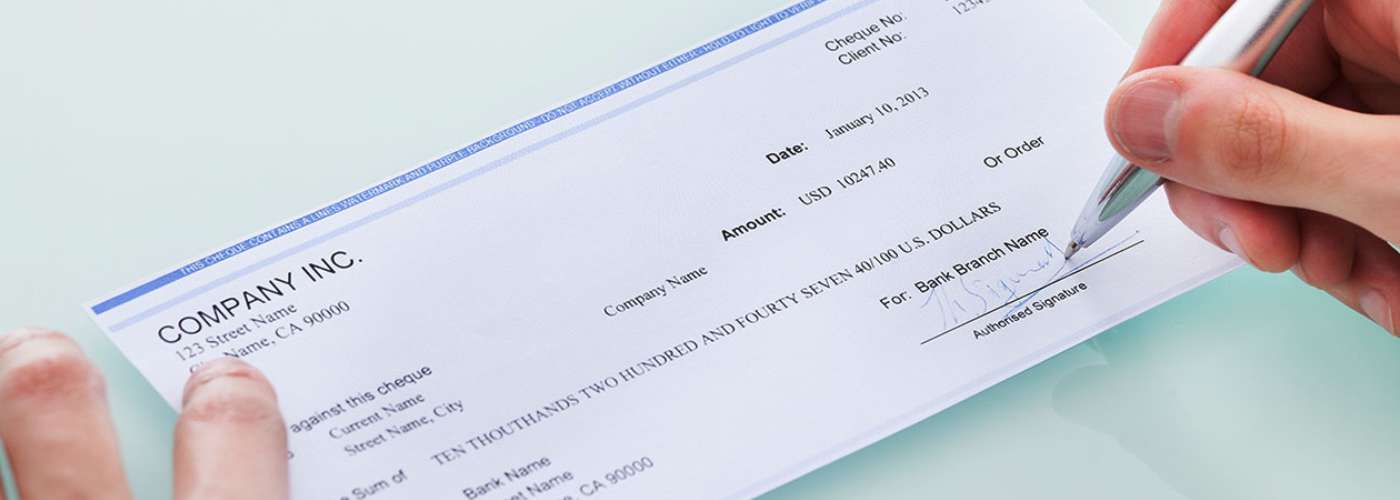The public is again in panic after the Reserve Bank of India announced to discontinue the Rs 2000 currency All the banks are instructed not to issue ₹ 2000 notes. However, the currency will be considered valid as the RBI has set a deadline to deposit all the notes till September 30th.
So, there is no need to bother. Because you can deposit, exchange or use these notes till September 30th.
What To Do If A Shopkeeper Deny To Take Rs 2000 Note?
Reportedly, some of the shop owners are refusing to accept the ₹ 2000 notes which is illegal and punishable. If this happens to you, you can file a complaint under Section188 of the Indian Penal Code.
However, it should also be kept in mind that the transaction needs to be reasonable as you cannot give a Rs 2000 note to make a purchase worth ₹ 10 or ₹ 100.
Section 188 Of Indian Penal Code (Disobedience To Order Duly Promulgated By Public Servant)
Whoever, knowing that, by an order promulgated by a public servant lawfully empowered to promulgate such order, he is directed to abstain from a certain act, or to take certain order with certain property in his possession or under his management disobeys such direction, shall, if such disobedience causes or tends to cause obstruction, annoyance or injury, or risk of obstruction, annoyance or injury, to any persons lawfully employed, be punished with simple imprisonment for a term which may extend to one month or with fine which may extend to two hundred rupees, or with both;
And if such disobedience causes or tends to cause danger to human life, health or safety, or causes or tends to cause a riot or affray, shall be punished with imprisonment of either description for a term which may extend to six months, or with fine which may extend to one thousand rupees, or with both.
Why RBI Has Withdrawn ₹ 2000 Notes?
The primary reason behind the withdrawal of ₹ 2000 denomination banknotes is the “Clean Note Policy”. Rs 2000 note was introduced in November 2016 under Section 24(1) of the Indian Currency Act. The step was taken to meet the currency demand of the economy after the government decided to withdraw the legal tender status of ₹ 500 and ₹ 1000 notes as part of the demonetisation.
As the objective was fulfilled properly, the printing of the ₹ 2000 banknotes was stopped between 2018-2019. The majority of the Rs 2000 notes were issued before March 2017 and are on the verge of an estimated life span of 4-5 years. It is also considered that this currency is not much used. Therefore, considering all the abovementioned information and the “Clean Note Policy”, RBI has announced to withdraw the ₹ 2000 denomination banknotes.
Guidelines To Exchange Rs 2000 Notes
Withdrawal of ₹ 2000 notes has led to the topsy-turvy situation similar to 2016 demonetisation. The public has started panicking and rushing to the shopkeepers and banks to get rid of this currency. Subsequently, this has also increased the problems for shopkeepers.
The Reserve Bank of India has shared the guidelines to exchange the currency which is as follows.
- You can visit your nearest bank from May 23rd, 2023 onwards to deposit or exchange the ₹ 2000 notes.
- You can fill in your details in the request slip for the exchange of notes which will be provided by the bank.
- In the request slip, the person has to fill in the tenderer’s name in capital letters. You should also fill up the Unique Identification Number of the accepted identity proof and should also fill up the details about the notes.
- Specify the number of notes that you want to exchange.
- Mention the amount which should exceed ₹ 20,000. The maximum limit to exchange the currency is ₹ 20,000 at a single time.
There is no fees to deposit or exchange the ₹ 2000 denomination banknotes.
